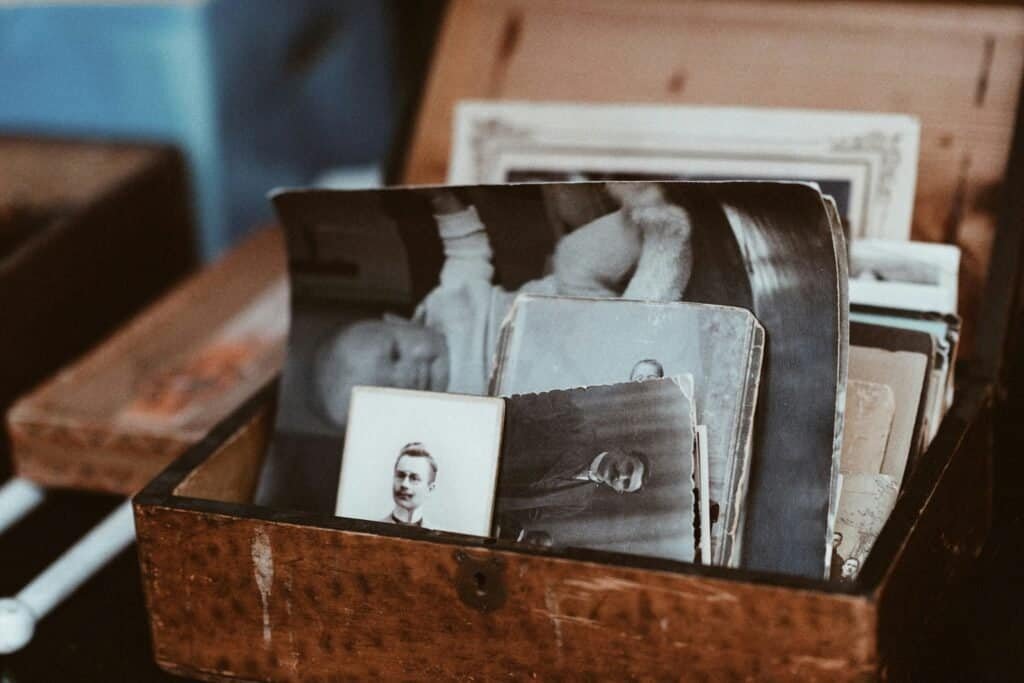The harrowing experience of losing a loved one to wrongful death leaves an indelible imprint on the psyche of those left behind. The abruptness and injustice associated with such a loss often compound the natural grieving process with intense emotions of anger, confusion, and a relentless quest for answers.
This psychological toll can manifest in prolonged grief disorder, depression, and a unique set of challenges that differentiate wrongful death from losses deemed natural or expected. The complexity of these effects demands a nuanced exploration into the emotional aftermath, coping mechanisms, and the pathways toward healing and resilience.

The Path of Legal Recourse and The Psychological Effects of Wrongful Death
The journey through the legal system can be a double-edged sword for the bereaved. On one hand, it offers a means to seek justice and potentially find a degree of closure. On the other, the intricacies and drawn-out nature of legal proceedings can exacerbate emotional distress.
The relentless pursuit of justice, entwined with the bureaucratic complexities of the legal process, can precipitate feelings of helplessness and frustration, inadvertently prolonging the healing process.
The NYC wrongful death lawyer and other legal professionals specializing in this area are well aware of the delicate balance required to navigate these challenges while providing much-needed support for their clients. If the legal recourse fails to deliver a satisfactory outcome, the psychological effects of wrongful death can become amplified.
The inability to hold someone accountable for their actions and the lack of closure can lead to debilitating feelings of powerlessness and hopelessness. This sense of injustice may also have long-term implications on one’s mental health, potentially leading to conditions such as post-traumatic stress disorder (PTSD).
Coping Mechanisms
The coping mechanisms employed by individuals dealing with the psychological effects of wrongful death can vary greatly. Some may turn to unhealthy behaviors, such as substance abuse, in an attempt to numb their pain. Others may seek solace in support groups or therapy to work through their emotions and find healthy ways to cope.
One crucial factor that can facilitate the healing process is having a strong support system. This can consist of family, friends, or professionals who provide a safe space for individuals to express their emotions and receive the necessary support. Additionally, engaging in activities that bring joy and serve as distractions from the pain can also be beneficial.
When dealing with the loss of a loved one to wrongful death, it is essential to acknowledge and process the emotions that come with it. It is also vital to seek help from professionals who can guide individuals through their grief and provide them with the necessary tools to cope.
Finding Resilience and Moving Forward
The journey towards healing and resilience after experiencing wrongful death is a deeply personal and unique process. There is no one-size-fits-all approach, as each person’s journey is shaped by their individual experiences and coping mechanisms.
However, finding resilience often involves reframing the loss and its impact on one’s life. This may involve acknowledging the pain and grief, but also recognizing the strength and growth that can emerge from such a traumatic experience.
Moreover, finding meaning and purpose in life after a loss can also aid in the healing process. This may involve honoring the memory of the loved one, advocating for change or justice, or channeling their energy into helping others who have experienced similar tragedies.
The way in which individuals navigate their grief and find resilience will be unique to them, but the key is to maintain hope and an open mind toward healing.
The Role of Self-Care in Navigating Grief
Prioritizing self-care is crucial for those grappling with the aftermath of a wrongful death, as it plays a significant role in sustaining mental health during such a tumultuous period. Self-care can encompass a multitude of practices, including maintaining a healthy diet, getting adequate sleep, exercising regularly, and finding time for mindfulness or meditation.
These activities aid in regulating emotions and can provide a respite from the intensity of grief. Moreover, self-care is not a selfish act but a necessary means of providing the emotional and physical strength required to cope with loss and the demands of any resulting legal pursuits.
Some of the most challenging trials in life stem from traumatic events such as wrongful death. The psychological effects of this type of loss are complex and multifaceted, requiring empathy, understanding, and support from both loved ones and legal professionals. It is also essential to acknowledge that the journey towards healing and resilience is unique for each individual and may require a combination of coping mechanisms, support networks, and self-care practices.

Building a Legacy of the Lost Loved One
Creating a legacy for the deceased loved one emerges as another powerful tool in the healing journey. Establishing scholarships, engaging in charity work, or advocating for policy changes in their name not only serves as a tribute to their life but also offers a positive outlet for the bereaved’s energy.
This constructive focus can empower those affected by wrongful death to foster change and impact their communities in meaningful ways. These acts of remembrance often provide a sense of continuity and purpose, helping individuals to process their loss while keeping the memory of their loved ones alive.
For instance, the milestone of a court ruling or settlement in a wrongful death case can also be marked with a donation to a cause that was significant to the deceased. This practice is not only cathartic but also helps transform feelings of powerlessness into tangible acts of goodwill and resilience.
The Role of Mental Health Professionals in Recovery
Mental health professionals play a pivotal role in the recovery process for those grieving a wrongful death. They offer a clinical understanding of the complex emotions involved and provide individualized strategies for coping and healing.
Therapeutic interventions such as cognitive-behavioral therapy (CBT) or eye movement desensitization and reprocessing (EMDR) are instrumental in addressing the symptoms of PTSD and aiding individuals in unpacking and processing their grief. In the long term, these professionals can also guide survivors towards rebuilding their lives with new meaningful relationships and activities, mitigating the impact of their bereavement on daily functioning and overall well-being.
As we delve into the multifarious psychological effects of wrongful death, it becomes increasingly clear how loss can reshape the trajectory of those left to mourn. The role of a robust support system, paired with the guidance of empathic legal and mental health professionals, cannot be overstated in its contribution to the journey of bereavement.
While the path to healing is neither linear nor predictable, it is through the interplay of individual strength, communal support, and self-care strategies that resilience is forged, and the legacy of the departed is honored. The stories we write after such trials are testaments to our capacity for recovery, adaptation, and finding purpose in the face of profound adversity.


